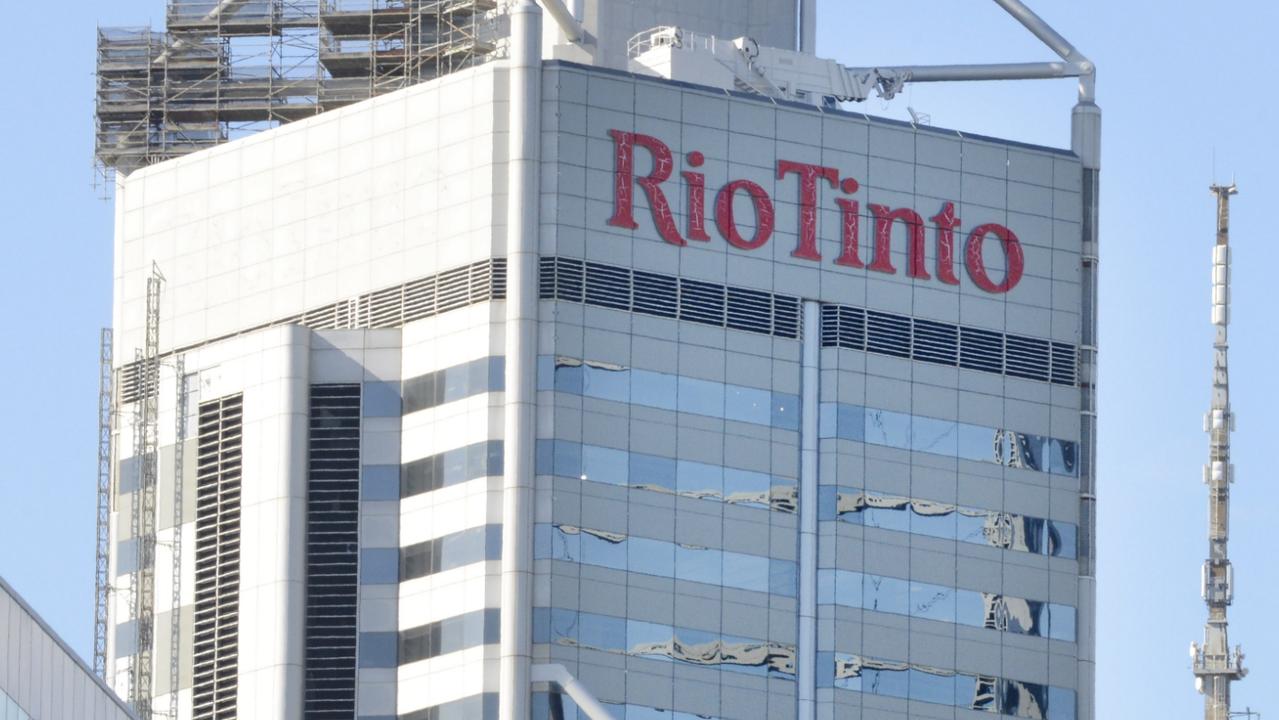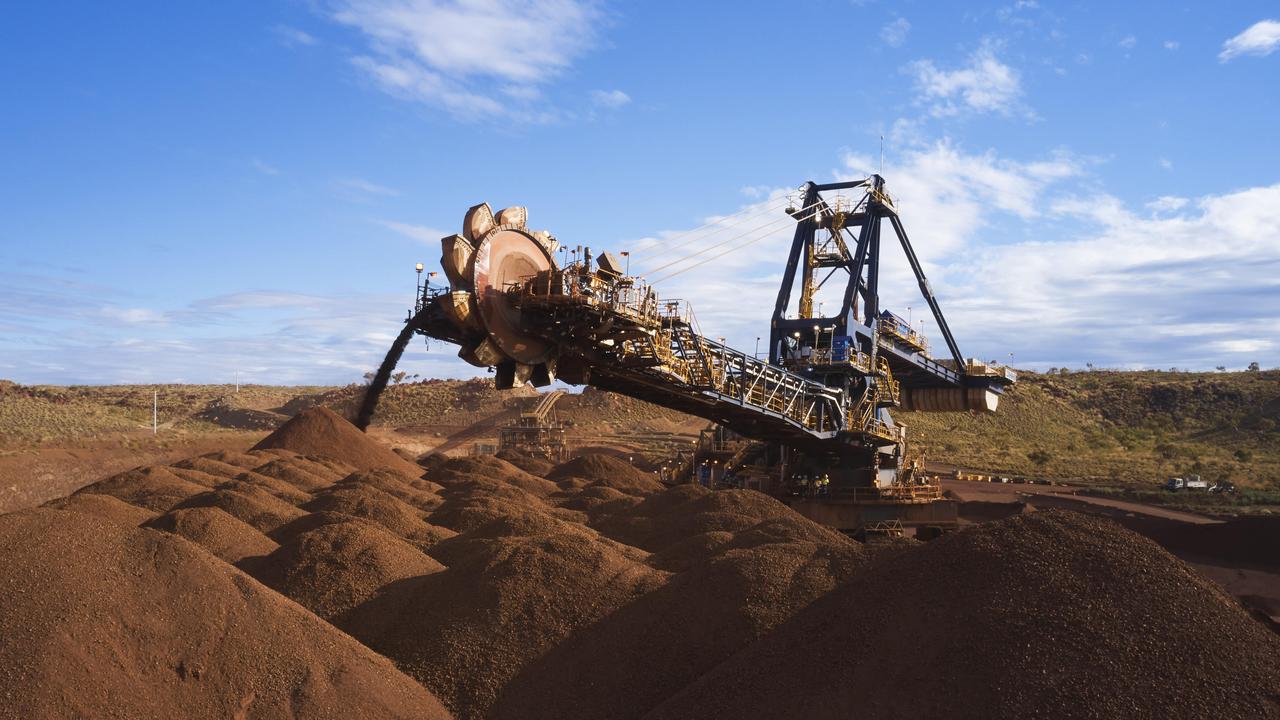China’s Two Sessions meeting set to seal Australia’s fate
China is about to seal Australia’s fate. Their next move will have a profound impact on whether we hit an economic slump.
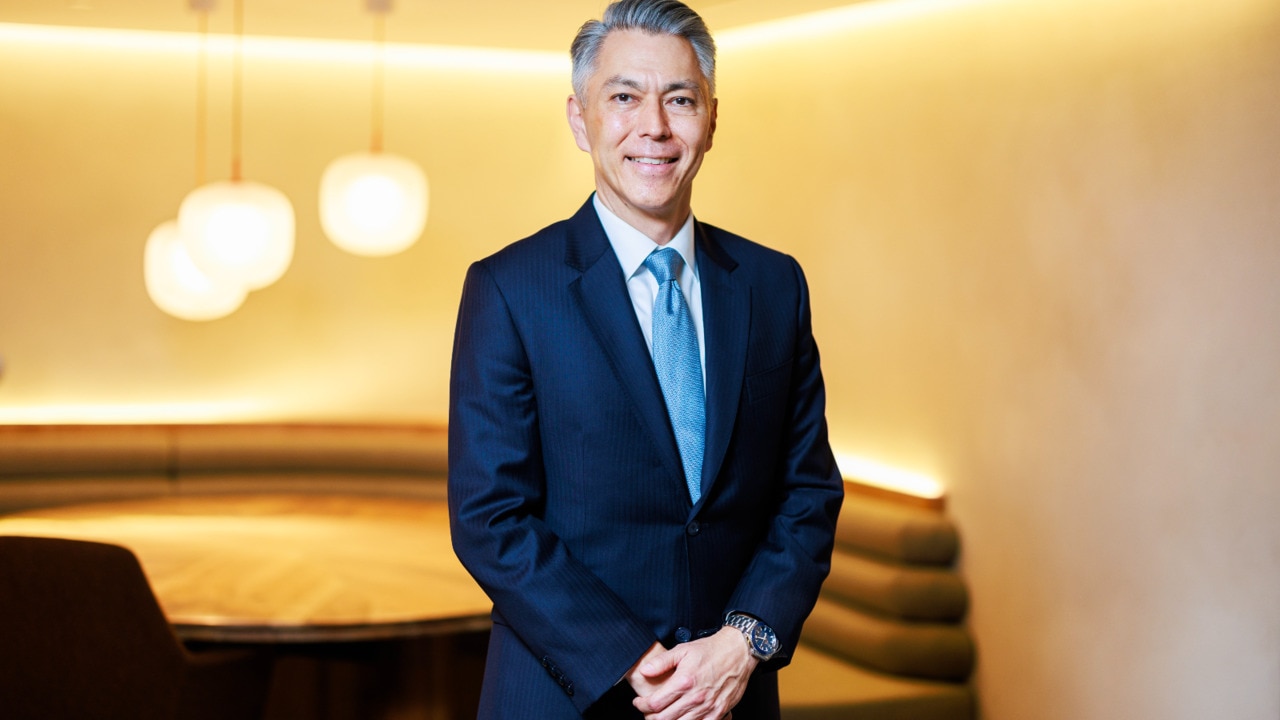
Mining
Don't miss out on the headlines from Mining. Followed categories will be added to My News.
Australia’s hip-pocket nerve is tingling: China’s biggest Communist Party gathering for the year is about to sit amid an economic slump. And its choice of fiscal stimulus – or lack thereof – will almost certainly flow through to Canberra’s iron ore receipts.
Iron ore futures markets continued their fall last week, with prices dropping 11.3 per cent to $A177.11 a tonne. That’s 17 per cent down since the start of the year.
But prices remain well above their March 2023 levels.
After a 21 per cent slump between April and May last year, prices went on to soar some 40 per cent by December.
Exactly what’s in store remains a subject of debate.
Hong Kong-based Jinrui Futures analyst Zhuo Guiqiu echoed Beijing’s upbeat message: “Steel demand outlook improved ahead of the National People’s Congress meeting. Also, hopes mounted that mills will replenish raw materials and hot metal output will pick up.”
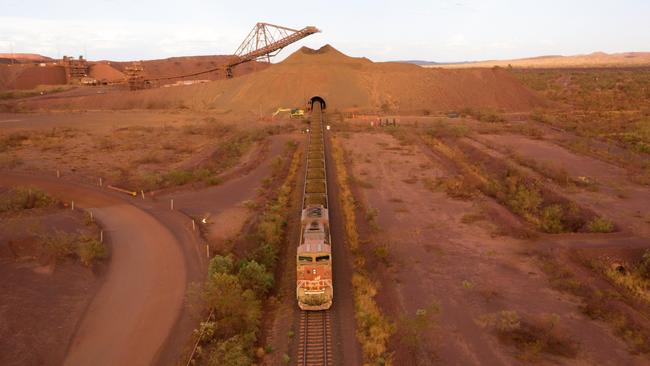
However, other analysts point to the current turnaround being due to Chinese steel mills restricting their stockpiling and idling production following five straight months of contracting activity.
And that indicates Beijing’s economy is still suffering from the 2021 property market collapse and that a highly anticipated post-Covid rebound has failed to emerge.
“February revealed some troubling Chinese demand and supply data,” reports Market Index.
“Typically, the period following the week-long Lunar New Year holiday (mid-Feb) is expected to see heightened demand as steel mills restock inventories. Demand failed to meet expectations as some companies decided to adopt a wait-and-see strategy, limiting their purchases of raw materials.”
Beneath it all, China’s economy remains listless among mounting pressures.
Deutsche Bank reports it will file a liquidation suit against property developer Shimao to recover what it can from its failed projects. And developer Country Garden is under pressure from liquidators to renew debt restructuring negotiations.
Meanwhile, those looking to the “Two Sessions” sitting of China’s single-party parliament this week for solutions are bracing for disappointment.
One man, two sessions
Chairman Xi Jinping reaffirmed his vision for a reformed China in a February 19 address, once again proclaiming “a new chapter of advancing Chinese modernisation”.
“Efforts must be sustained in effectively implementing the reform measures that help expand domestic demand, optimise structure, boost confidence, safeguard people’s wellbeing, and prevent and defuse risks,” Xi instructed party delegates. “Concentrated efforts need to be made to solve the most crucial and pressing problems. Major measures should be soundly planned to further reform on all fronts, focusing on the systemic and institutional obstacles that hinder the smooth progress of Chinese modernisation.”
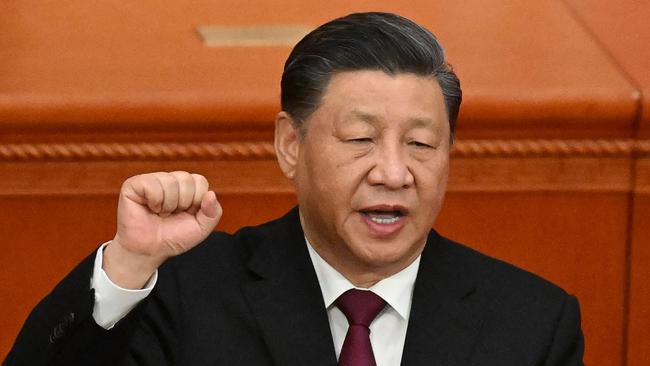
It’s too early to tell how he intends to achieve these reforms.
It’s hoped the Two Sessions sitting of parliament this week will offer some clues.
One session is the annual meeting of the National Committee of the Chinese People’s Political Consultative Conference (CPPCC) on March 4.
The second session is the National People’s Congress (NPC), beginning March 5.
The annual event is traditionally used to announce Communist Party economic and policy goals for the year ahead.
“Fundamentally, Beijing is expected to use the Two Sessions to announce tactical measures aimed at boosting short-term confidence in China’s economy but without changing Xi’s underlying strategy of investment-heavy state-guided development,” an Asia Society Policy Institute assessment reads.
“Major shifts in economic policy are more conceivable at a Third Plenum (Central Committee meeting) chaired by Xi than in a Two Sessions speech by (Prime Minister) Li (Qiang). Still, the degree to which the next plenum, which must be held later this year, will even address economic policy probably depends on how negative China’s growth outlook becomes.”
Rebound v resilience
Analysts state that Beijing’s stimulus efforts last year have so far produced little economic activity.
And Chairman Xi’s push to improve China’s resilience against economic sanctions like those imposed upon Russia following its invasion of Ukraine is likely to complicate matters further.
This may have implications for Australia’s iron ore industry.
A global “friendshoring” trend may result in a portion of any recovery being redirected from Canberra’s wallet into one of Chairman Xi’s “Axis of Authoritarian” allies.
Iran has been investing heavily in its own iron ore concentrate production. And its 10 major manufacturers have reportedly boosted capacity to 100 million tonnes annually.
But Australia produced 932 million tonnes in 2022. And China remains by far its largest customer.
“China watchers will be paying special attention to this Two Sessions because General Secretary Xi Jinping has yet to call a Third Plenum of the Party’s Central Committee, which traditionally approves economic reforms, and Premier Li Qiang will deliver his first government work report (GWR),” the Asia Society analysts note.
“The economy is the central focus of the GWR, but Li Qiang is unlikely to deliver any big surprises.”

Instead, whether or not a February 23 proposal to inject stimulus money into the replacement of ageing industrial equipment and household goods is implemented is likely to be the key takeaway for foreign suppliers from this week’s Two Sessions.
“This idea is likely to manifest in central funding for vouchers that encourage households to upgrade their cars, electronics, and appliances,” Asia Society notes. “This approach enables Beijing to boost consumption this year in a way that is state-led and helps create markets for advanced manufacturing and green industries central to Xi’s agenda.”
Between the lines
Prime Minister Li stated in February that China must “follow the instructions” laid down by Chairman Xi at the Central Economic Work Conference last December – which was to consider “high-quality development” as “the hard truth of the new era.”
But the Asia Society analysts believe Prime Minister Li will “likely bring sunny messages for private enterprises and the business community to try and drive recovery in consumption, investment and the stock market”.
“However, the evidence thus far suggests that policy modifications will primarily involve finetuning existing economic policy mechanisms, rather than deploying path-breaking new approaches,” they add. “Xi himself appears to believe that current issues are the short-term pain required for the long-term gain of a more secure and self-reliant economy.
Li emphasised in a February 23 statement that stabilising foreign investment was an “important momentum point”.
But economic growth appears to have taken a back seat to Chairman Xi’s emphasis on national security.
“Recent statements, such as Xi’s comments on the annual reports of Party-state institutions, have made positive noises about the importance of economic work,” The Asia Society analysts note. “But on February 27 the NPC Standing Committee revised the Law on Guarding State Secrets to further strengthen the security state by introducing “work secrets” as a new category of restricted information that could affect firms that deal with China. Only a strong and clear signal would revive confidence in the Chinese business environment.”
Jamie Seidel is a freelance writer | @JamieSeidel
Originally published as China’s Two Sessions meeting set to seal Australia’s fate




